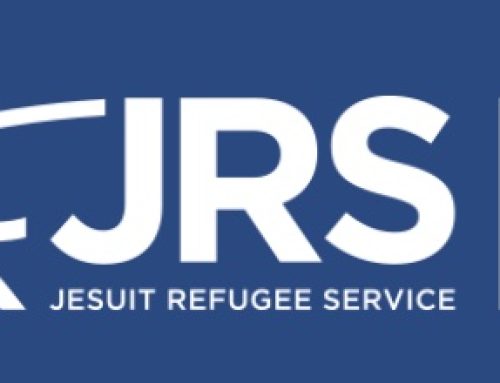Recently our Detention Forum members agreed our new policy paper on the use of the Short-term Holding Facilities in Northern France. This blog post draws out our key messages from this paper focussing on our concerns and on the changes that we want to see.
The publicly stated purpose of STHFs in Northern France is to hold people suspected of lacking correct documentation before either they can be allowed to continue their journey to the UK or handed over to French border police.
There are currently four STHF sites in operation in Northern France; two are located in the town of Coquelles, which is part of the Eurotunnel area, and one each in the ports of Calais and Dunkerque.
Based on the 2019 HMIP inspection, an estimate of 900+ people are detained each month across the four STHFs in Northern France. On average, people are detained for 3.5 hours; however, reports say people have been detained for 16 hours or more.
- OUR KEY CONCERNS
▪ STHFs in Northern France are out of sight and out of mind and are legal and procedural grey zones. There is a lack of clarity, transparency, and, potentially, adherence to domestic and international human rights obligations.
▪ It is impossible to place an asylum claim to UK authorities from these zones, (which are not ‘safe and legal routes’). The lack of access to information or legal advice creates a risk of pushbacks at the UK border.
▪ There are extremely poor safeguarding practices. Vulnerable people including unaccompanied minors and potential victims of trafficking are left without access to protection.
▪ Conditions are unacceptable with a lack of access to on-site healthcare, adequate legal advice, fresh air and interpreting services.
▪ There is wide-scale use of caged escort vehicles with poor conditions during extended holding periods. - WHAT WE ARE CALLING FOR
Long term:
▪ The closure of all short-term holding facilities in Northern France. Their complicated legal status creates significant barriers to accountability.
▪ Challenging this border control set-up between the UK and France with limited transparency for human rights responsibilities. - Immediately:
▪ Enable more effective oversight of and accountability for these centres, including, by:
o Ensuring access to on-site medical care
o Providing access to reliable, independent UK and French legal advice from the centres.
o Ensuring regular HMIP visits continue to be carried out.
o Ensuring all centres are covered by the existing UK STHF Rules.
o Establishing an Independent Monitoring Board.
▪ Establish effective safeguarding procedures for vulnerable individuals held in the centres.
▪ End the use of escort vans for detention purposes.





